How Technical Writing Can Supercharge Your Startup
How Technical Content Helps Startups Flourish
Welcome to the first blog post in our new series, "How Technical Writing Can Supercharge Your Startup." In this series, I'll explore the many ways technical writing can benefit startups, from gaining visibility to building trust with your audience. As a provider of writing services to startups, I’ve seen the positive impact well-crafted content can have.
Today, I’ll start with an overview of how technical writing can boost your startup’s growth. Stay tuned for more posts on why writing is a vital tool for startups!
Introduction
Technical writing plays an important role in the success of a startup. It involves creating clear, concise, and user-focused documentation that explains how a product or service works. "Strong views, weakly held." Put yourself out there, but stay on the hunt for dissenting opinions from smart and respectful people.
Writing software is halfway between writing a novel and building a bridge.
Technical writing tolerates and even encourages stylistic idiosyncrasies that traditional publishing would not accommodate. Lean into them.
Technical content is either timely or timeless, with almost nothing in between.
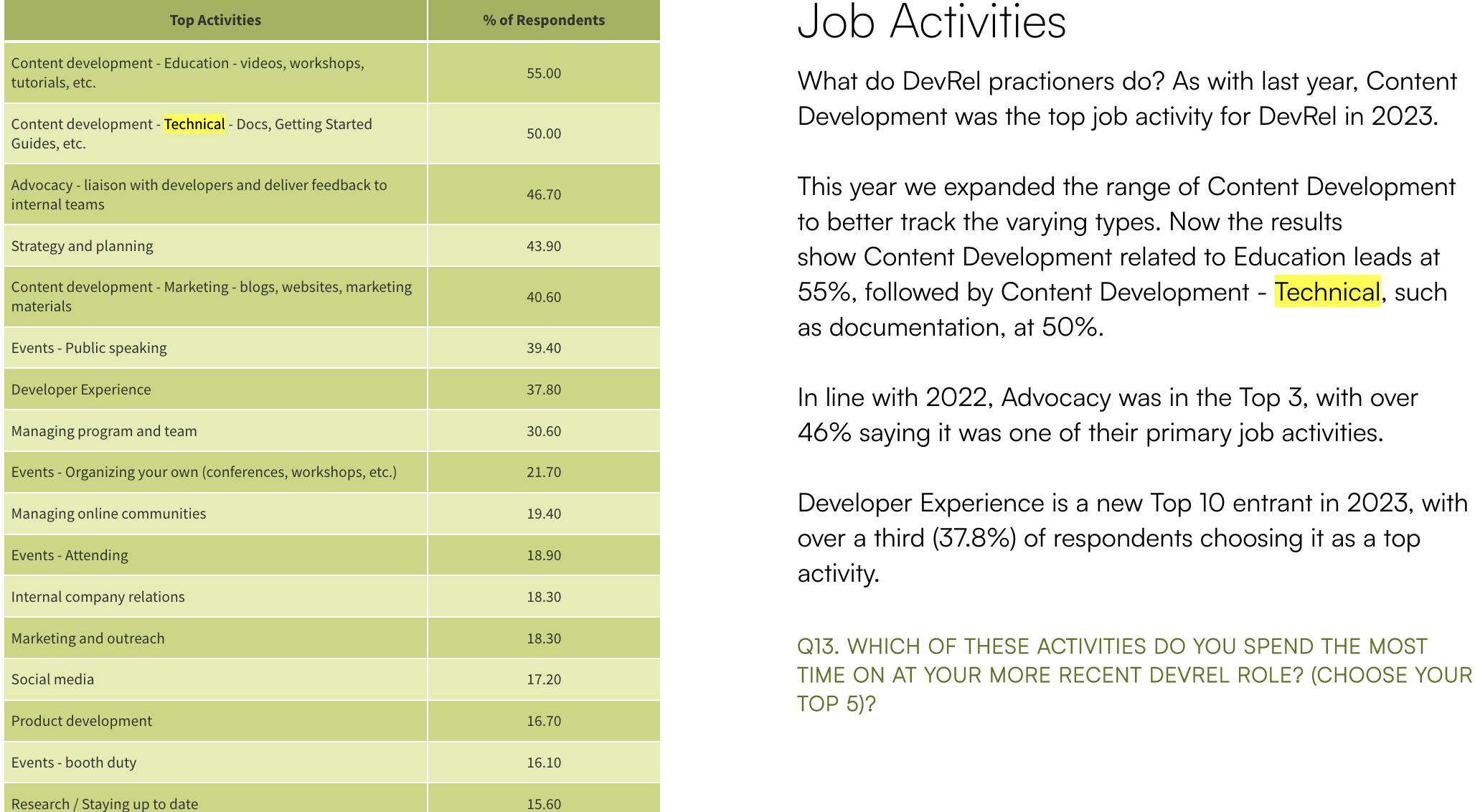
Image credit- "State of Developer Relations"- you can access the full report here.
The person who writes down the plan in an organization/startup has tremendous power. If you want to find the up-and-comers at a tech company, look into who's writing the plan. Though they may not be coming up with all the ideas, you'll know they have the energy, motivation, and skills to organize and communicate ideas in a written form.
Surround yourself and your startup with "lateral thinkers" who can't help but come up with variant perspectives on everything they see in your product or service. They won't always be right, but they always challenge your thinking and writing.
Investing in technical writing can have a substantial impact on your startup's success. It not only benefits your users but also contributes to the efficiency and effectiveness of your internal operations. Remember that the goal is to produce documentation that is clear, concise, and understandable to your intended audience. As a result, user satisfaction, loyalty, and business growth will increase.
Remember- Media formats are cyclical. Nietzsche wrote in aphorisms and Twitter is aphorisms-as-a-service. Hip-hop brought back poetry. Montaigne pioneered the essay format and blogs brought them back into vogue.
Startups should write more manifestos, blogs, clean docs, and integration guides.
What is Technical Writing?
Over the last 3 years, I've worked off and on documentation, integration guides, and technical blog posts for 20+ startups. I started contributing during my role as a developer advocate at SuperTokens – an alternative to Auth0, Firebase Auth back in 2021 and helped developers transition to the new open-source user authentication.
I found I enjoy writing technical blogs and documentation, It is satisfying to produce high-quality technical writing that benefits others.
I've read a lot of technical writing and documentation resources over the years. I've written about why every engineer should write and I've collected together my notes both to help me remember key points later in my career, but also as a tool to help me think about writing now.
GPT has revealed how much writing is pure pablum. Bland, lifeless, uninsightful, unoffensive, and not worth the price of the ink it was printed with. so good writers will become more important for your startups who can build and write excellent technical blogs and ChatGPT plagiarism is a complete non-issue. If you can't out-write a machine, what are you doing writing?
If you're a developer interested in writing technical blogs, I've written a complete dedicated blog on what technical writing is and how to write good technical blogs.
My Writing Principles
When doing technical writing, I always try to keep the following principles in mind.
The goal of writing is to make tasks as simple and efficient for users as possible.
Developers prefer to be shown rather than told and prefer to learn by doing.
Help your users achieve their first success as soon as possible.
Keep it simple and write in simple language.
Why is technical writing important for startups?
I've been writing technical content for the last 3 years. Here's what I learned:
Clear technical blogs and documentation help end users understand your product quickly and efficiently, reducing frustration and increasing satisfaction.
Thorough technical writing shows that you take your product and your users seriously. It boosts your brand's trust and confidence.
New end users can quickly become proficient with your product if they have access to well-organized, easy-to-follow guides, integration, and docs.
Well-structured technical blogs and documentation improve your website's SEO, helping potential customers find you more easily.
As your startup grows, you'll need to onboard more employees. Good technical writing and documentation are essential for training new hires efficiently.
Here are a few examples of excellent engineering blogs:
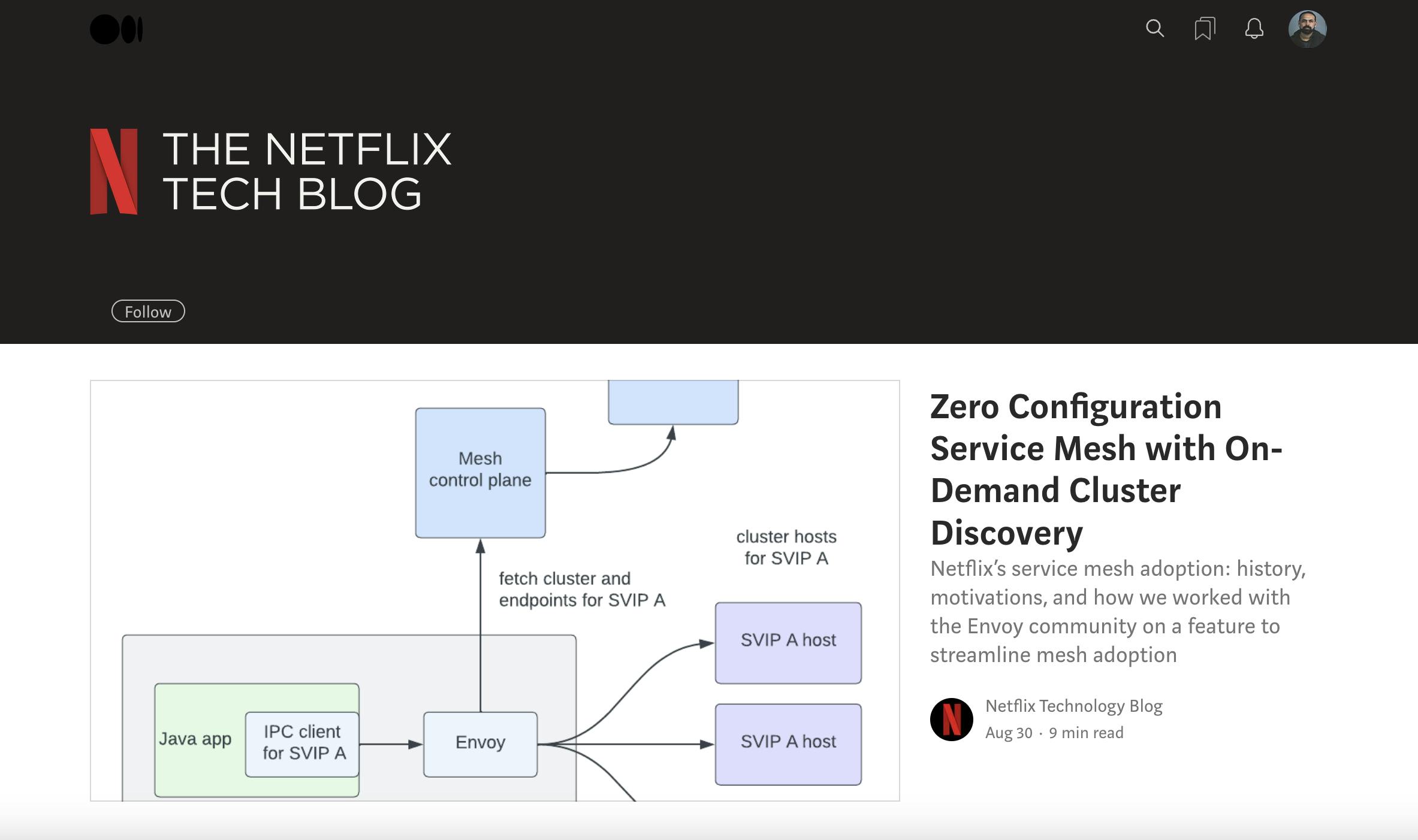
Detailed technical blogs and documentation demonstrate that you have a well-thought-out product and business strategy, which can be appealing to potential investors and partners.
End-user feedback from technical blogs and documentation is often invaluable for improving your product and identifying areas of confusion.
Well-written blogs and documentation can be easily translated into other local languages, enabling you to reach a broader, global audience.
Having superior technical blogs and documentation can be a significant differentiator, giving you an edge over competitors.
Good Technical Writing = Organic Developer Marketing
Developers have a reputation for being averse to marketing, but that’s not necessarily true.
In reality, developers are gaining purchasing power and respect within businesses of all sizes. Employers recognise the importance of investing in tools to help developers stay productive and happy because good developers are difficult to find and retain.
The variety of developer tools has increased dramatically, ranging from IDEs to higher-level abstractions and paid services like GPT, including low-code tools.
Technical writing is a successful developer marketing strategy rooted in authenticity and understanding the audience. Startups should spend time with developers, both online and in-person, to grasp their needs and preferences.
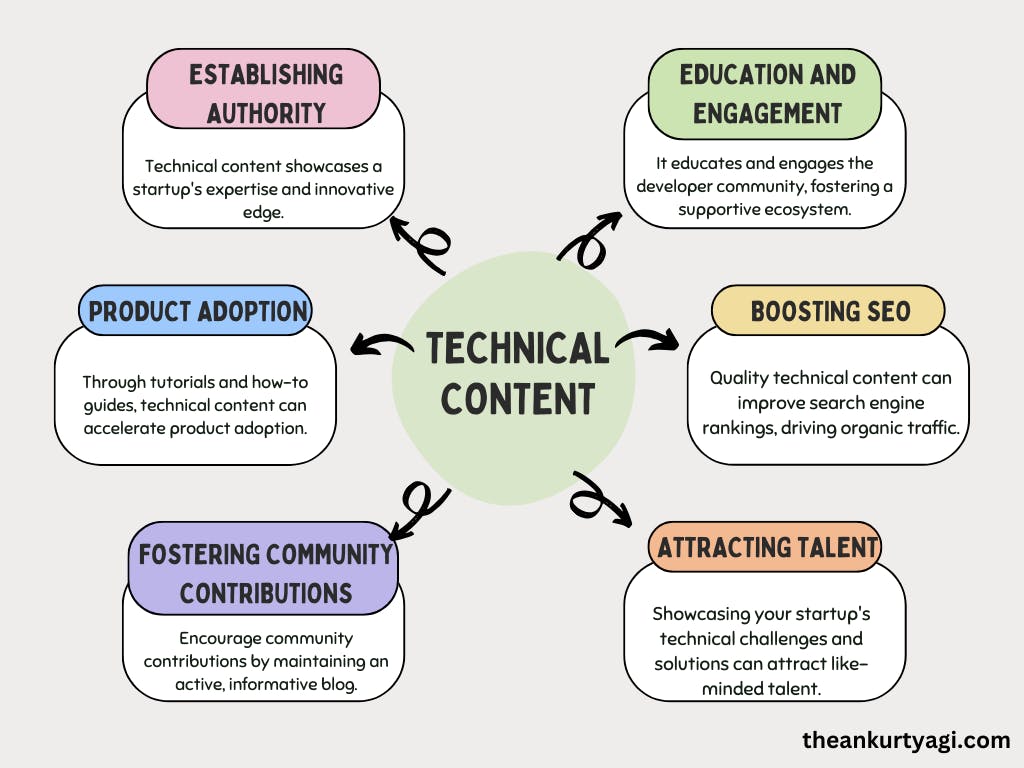
Technical content should be genuinely helpful and educational, and it is often more effective when created by a fellow developer. Options include in-house engineers, developer advocates, community writing programs, freelance writers, independent software engineers come writers like myself.
Developers are present on platforms like X formerly Twitter, Hacker News, Reddit, and LinkedIn and love to read well-written technical blog posts.
Why Technical Writing Strategy Stand Out?
While I’ll admit that big tech companies and startups are getting better at reaching developers. I spent 13 years as a hands-on software engineer and technical leader before starting my blog as a marketing developer, so here are my thoughts on why technical writing is a great asset for startups.
Business-to-developer marketing (“B2D marketing”) describes marketing initiatives designed to reach developers and technical writing is one of the best ways to do it while being genuine, authentic and interesting.
Many startups struggle with B2D technical marketing because developers are more difficult to reach than the average consumer. Gimmicks like swags, free food coupons, free t-shirts or exclusionary events centred around alcohol are not the way to go.
Be interesting- Writing is by far the fastest way to get feedback from developers in software engineering.
Build a cool project with your product, write about it and share it in public to get feedback and iterate.
We all developers appreciate honesty. In recent times, I personally liked the blog page of Supabase. They've written some very cool blogs and achieved very good growth from their written content.
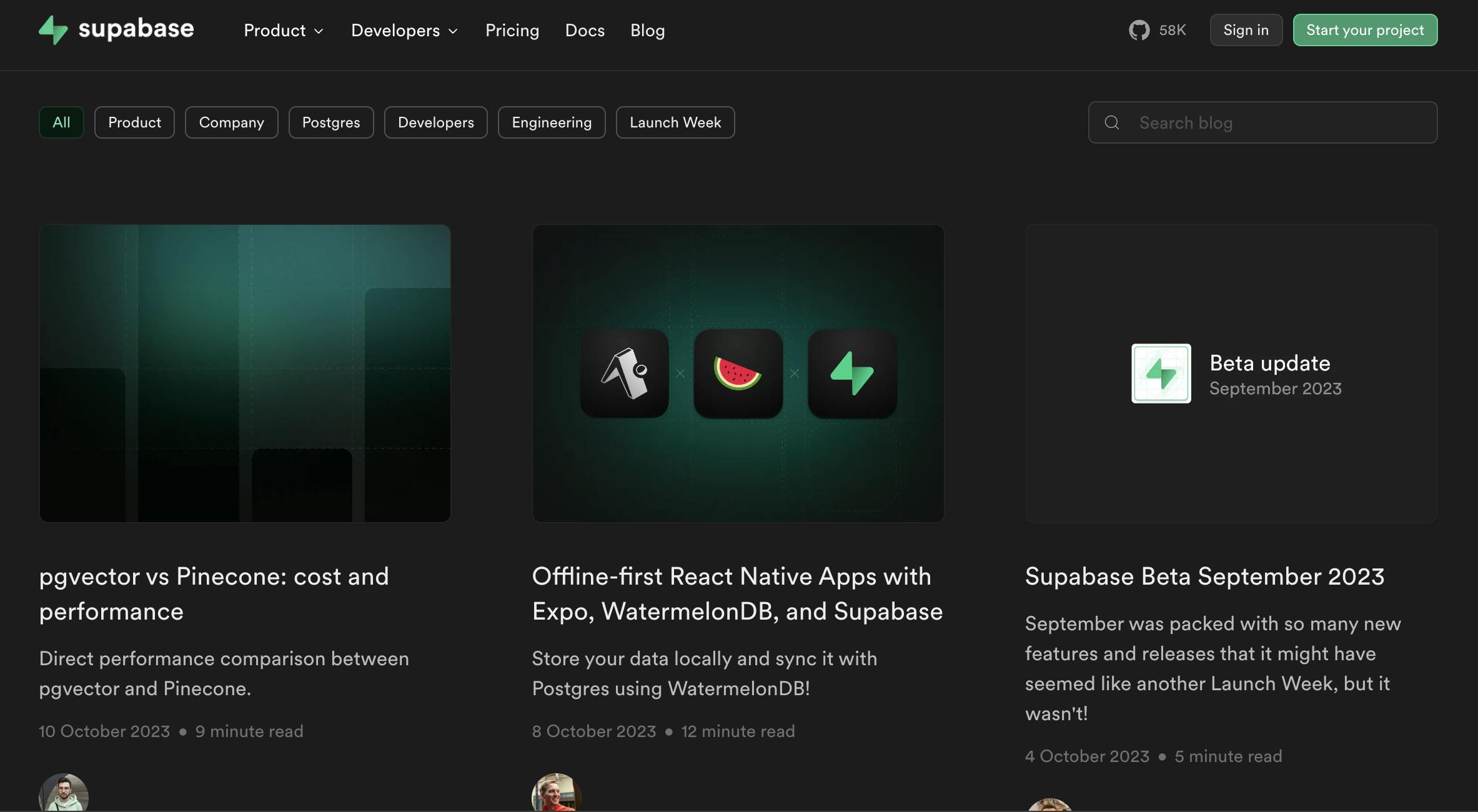
As a startup, this means you should be honest about your product in the community.
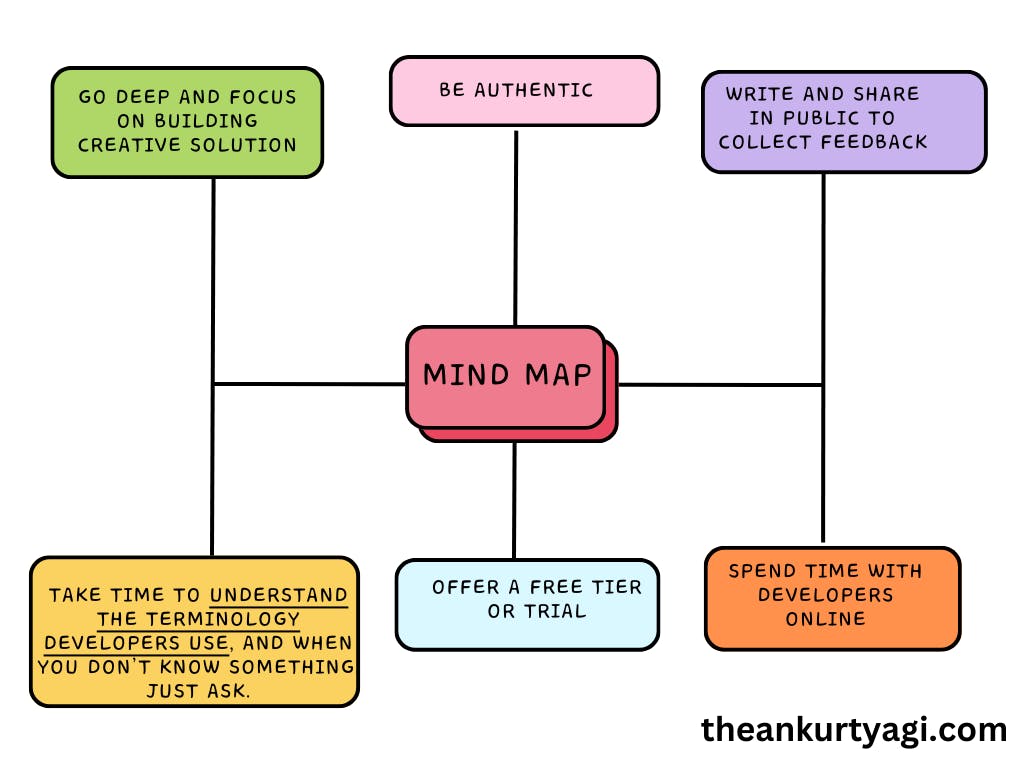
Many big tech hire developer advocates - someone with a technical background who will champion their product at live events.
Big tech companies like Google/Amazon/Meta/Netflix have teams of these people to give talks at conferences, do training sessions, and write technical content about their company’s products but the developer advocate role is not a good fit for most of the startups- because they've to moved fast and unfortunately many developer advocates are lazy and below average people.
Startups need highly skilled engineers in tech who can write and build their engineering blog a platform where people want to come every single week if not every single day.
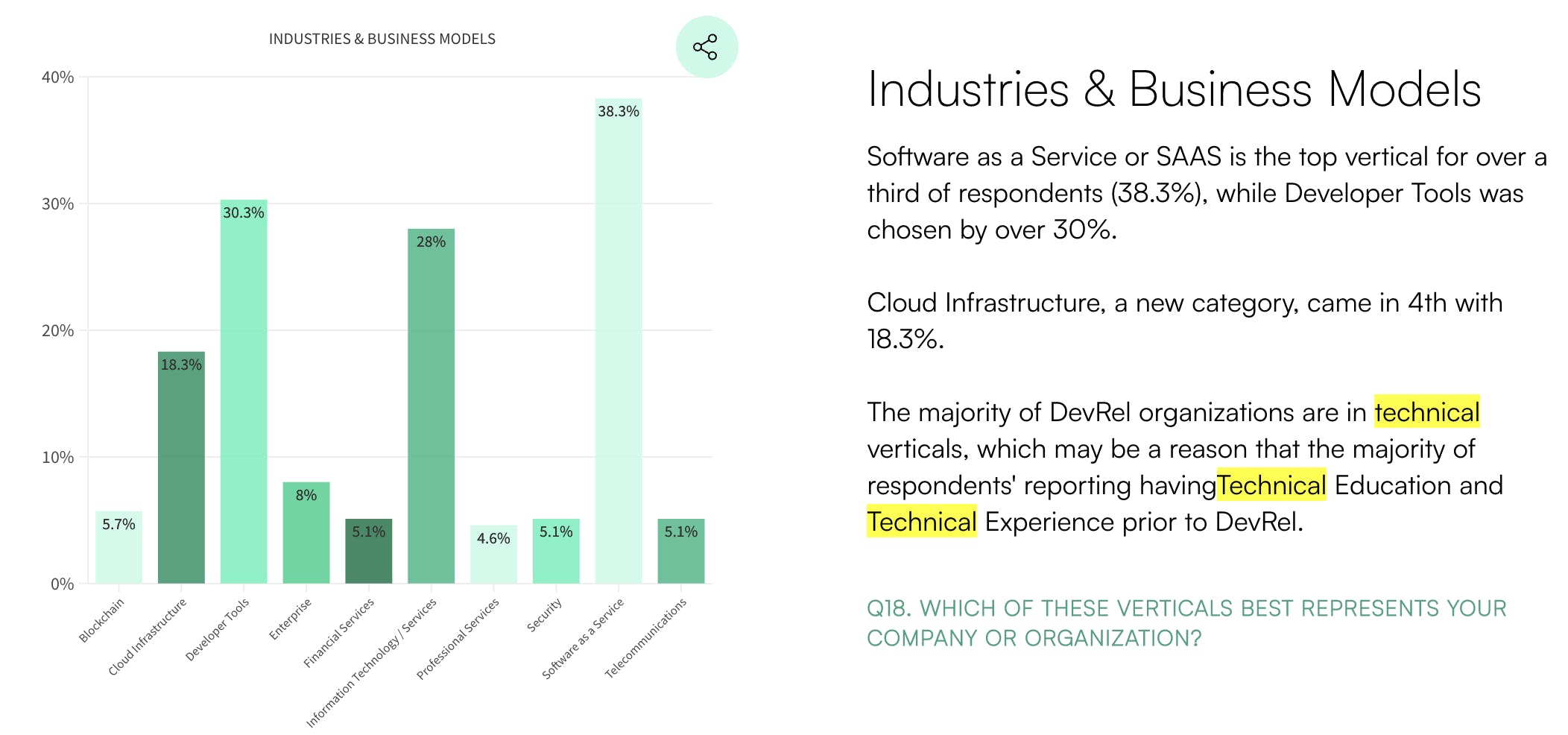
Startups must leverage technical writing and documentation as marketing tools.
Image credit- "State of Developer Relations"- you can access the full report here.
Role of technical writing in effective communication
We can write many different types of technical content for software developers.
Documentation is important, but very few startups leverage documentation as a marketing channel.
Tutorials and how-to guides can help end-users see how to use your product in the real world.
Awareness-driving content is created with the goal of increasing the top of your funnel and may be published on external partner sites for increased reach. Hashnode, DevTo, HackerNoon, and DZone are all free places to publish developer content.
Blog posts on your website allow you to engage readers and increase sign-ups.
Sponsor independent writers or senior engineer who writes a technical blog on their website or newsletters.
How Technical Writing Ensures Clarity and Understanding
Always write good examples by starting with real code this builds trust with clients and investors while writing in public.
My tactics for writing in public:
Someone recently in my Twitter DM asked me – “Hi Ankur, I'm a big fan of your blog but I have got a question- how do you deal with writing in public? People on the internet are such assholes, sometimes.”
I’ve often heard the advice “Either turn off or Don’t read the comments”, but I’ve gained a huge amount of knowledge from reading internet comments on my posts and other people's posts from strangers over the years, even if sometimes people are jerks.
Always talk about real facts and be honest
I mostly talk about facts – either facts about startups or developer advocates about my experiences as a writer. In general, I’d say that people’s comments about facts tend to stay pretty normal. The main kinds of negative comments I get about facts about my mistakes. I mostly try to head this off by trying to be self-aware about my knowledge level on a topic and saying “I’m not sure…” when I’m not sure about something.
Edit and refactor mistakes
I make many mistakes in my blog posts because I write about a lot of things that are on the edge of my knowledge. When people point out mistakes, I edit the blog post and fix it. Generally, I’ll stay near a computer for a few hours after I post a blog post on my Twitter or LinkedIn timeline so that I can fix mistakes quickly as they come up.
Bridging the Tech Knowledge Gap: The Core Challenge in Startup Developer Relations Program
The survey report mentions that Content Development was a top job activity for Developer Relations practitioners in 2023, with a distinction between Content Development related to Education (55%) and Technical Content Development, such as documentation (50%). This highlights the importance of technical writing and content creation in engaging with and educating developer communities.
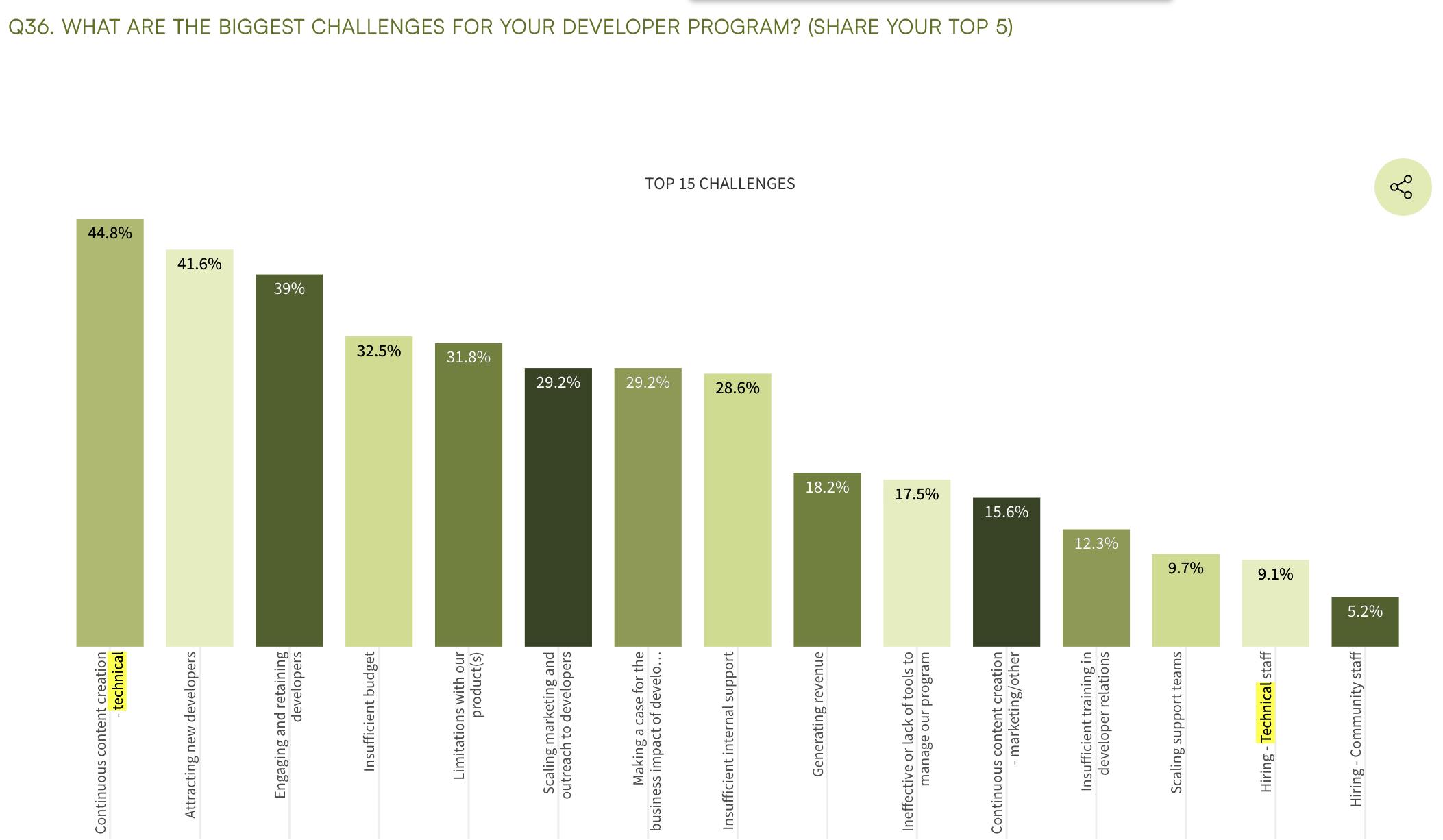
Top 3 Questions Every Startup Must Ask Before Starting a Technical Blog
Starting a technical blog can be a significant step for a startup, as it requires a thoughtful approach to ensure it serves its intended purpose effectively.
Ask these questions if you're starting a new blog for your startup.
the purpose of writing
the target audience
the kind of content to be created
Identifying the blog's aim is crucial, whether it's raising brand awareness, supplementing documentation, building an audience, or establishing thought leadership. Secondly, understanding and narrowing down the audience helps in tailoring the content accordingly. Lastly, deciding on the content format, whether it's tutorials, roundups, case studies, features, Q&As, comparisons, or opinion pieces, aids in maintaining a consistent and engaging blog.
Stay in Touch
That's it for this blog. I'll keep writing on this topic and share more insight about some specific features in the next blog. I hope you learned something new today.
If you did, please like/share so that it reaches others as well.
Connect with me on Twitter
Want to read more interesting blog posts
✅ Here are some of my most popular posts that you might be interested in.
